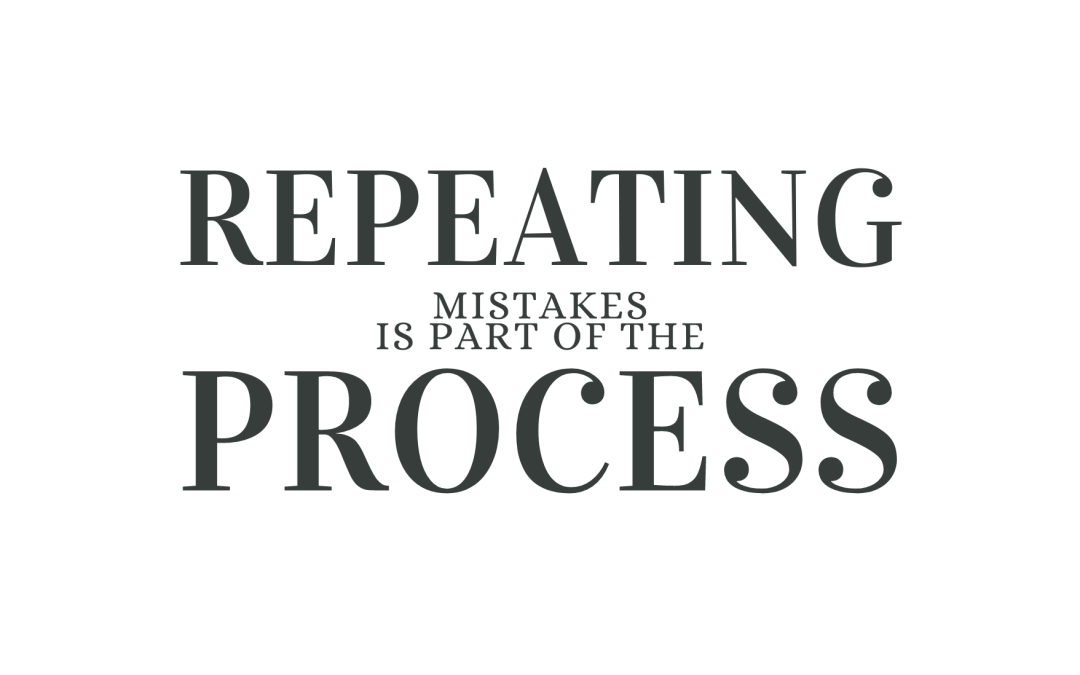On the importance of constantly, always, checking in with yourself. Because what is best for you today might be poisonous tomorrow.
Things that come to my mind when I think of learning things the hard way: my sister and the Bible, Karma and sex.
Whenever I am caught in one or the other uncomfortable situation or emotion, I remember my sister mis-/re-interpreting Matthew 18:22.
“Jesus said to him, ‘I do not say to you seven times, but seventy-seven times.’“
This verse refers to forgiveness. The number of times we need to forgive a person. What she referred to, was being confronted with situations over and over again to outgrow them. In a way, that is forgiving, too. Forgiving the self.
She caught me at a time I felt stuck in limbo. We all had situations that felt wrong and made mistakes where we realized this is not the first time this is happening to me and might even have questioned: why does this ALWAYS happen?
Hamburg, December 2018. One of the most embarrassing-but-too-funny-to-laugh-about-years-later nights I had with her. The party-story version of it: We went out to bars in Hamburg to pregame for a party that we never made it to because I picked up a South African sailor in the first bar. Two hours and too many drinks later we found ourselves in a cab to her apartment, where she slept on the couch, while me and him….
Even though we laugh about it today, this night still deeply embarrasses me. But it’s important too. As so many weird, awkward, icky, painful, overwhelming, and later funny situations are. It was a tipping point.
For the first half of that same year, I lived in Tel Aviv for a semester abroad. Three weeks into that time my then-boyfriend’s visit resulted in my most expensive breakup yet, booking him a flight home after 24 hours. That breakup was a Dejavu of my past one, teaching me, for the first time, how Life places you in situations until you step out of the pattern. That time was the first step learning the importance of being (happy) by and with myself. What followed was a time of adventures.
My two back-to-back relationships resulted in the same reason for breaking up: freedom. So, the second time around, breaking out of that pattern, what followed was a phase of adventures. Embracing every moment of not feeling responsible for somebody else’s feelings. I had not allowed myself to go out as much, or enjoy myself as much, before. I could’ve, but I didn’t. And for the time being, meeting strangers – on the street, at the beach, or at bars and turning them into memories for the night or friends that I have until today – was exactly what I needed. Calling it by its name: sex. Through every man I met, I learned more about myself. I learned how every conversation and situation is an opportunity to challenge, deepen or restructure my beliefs. For these few months meeting and going out was exactly what I needed at this point in my life.
What started as a game, an adventure turned into a pattern. I couldn’t go out without meeting a guy I would wake up next to. Or, alternatively, booty call. I caught myself in a habit, that I didn’t even think about. A habit grew to feel icky. I caught myself sleeping with men out of habit. Because it was easier to do so than to come up with reasons not to. On the one hand, I realized how this made me feel continuously bad. Especially in daylight. And, worse, I couldn’t feel good about myself without that male confirmation. The confirmation that someone I thought to be attractive (at least) wanted to sleep with me.
Returning to Germany and moving back in with my parents in my Black Forest hometown, naturally, brought a rehab experience upon my 22-year-old self. A rehab from unlimited freedom: moving, eating, going out, making decisions as I please. I moved from living on the beach in the heart of Tel Aviv with my best friend, doing yoga every day, working as a writer, and going to university twice a week to living with my parents. Eating as I pleased for half a year had let my eating disorder flourish. Not to mention the vitamin D deprivation.
So, I began to travel, reclaiming part of my freedom, exploiting the freedom of having nothing but you visiting friends in Berlin and Barcelona, Munich and Milan, and of course my sister in Hamburg. With every city I visited, every party I went to, every man I met, the feeling of discomfort grew. But I wasn’t ready to change yet. What used to be my expression of freedom – meeting, picking up, going home with men, or taking them home – had turned into my drug. The high and the comedown. In spite of not drinking, smoking or snorting, for that matter, any mind enhancing substances, I could not pride myself in not being prone to addiction any more. In spite of finding myself feeling even more lost and alone on another day after, I fell into the same trap over and over again.
Until that night in Hamburg. Until having my sister sleep on her couch. Until that Sunday Service.
Why do I fall into the same pit over and over and over again?
My three years younger and a hundred years wiser sister replied: Seventy times seven.
“The way of karma is such that it will assure us of continued placement in “bad” situations until we transcend them.” writes yogi Sharon Gannon in her book Jivamukti Yoga. It’s the chapter I return to a lot. Fittingly. In pop culture, Karma is often loosely translated to (1) being re-born as a worm if you act shitty in this lifetime (or a wagyu cow if you act like a saint in this life) or (2) having good/bad things happening to you as an immediate result of the good/bad things you do. At its core it’s true, Karma translates to action.
Let me take one step back here. Before you judge me for tumbling Christianity and Hinduism together, let me explain what I mean here. Being a White German-American Yogi, I do my very best to not appropriate but deeply appreciate culture. It’s a slippery slope. So, how do a millennial yogi and her Christian gen Z sister marry Jesus and Pantanjali (the author of the yoga sutras)?
The law of karma is that every action causes a groove in the subtle atmosphere, infinite effects, which are called samskara. Karma yoga is the practice of ensuring that the actions we take create good samskaras. We carry our past karmas around with us – depending on how your relationship to past lives is, it adds up. Using Sharon Gannon’s words to get back to my point here: “Forgiveness frees us of negative binding karma.” And so we’re back with Jesus.
Just as you have to forgive yourself seventy times seven, there are some situations that you have to experience over and over again to set yourself free. Forgive yourself.

